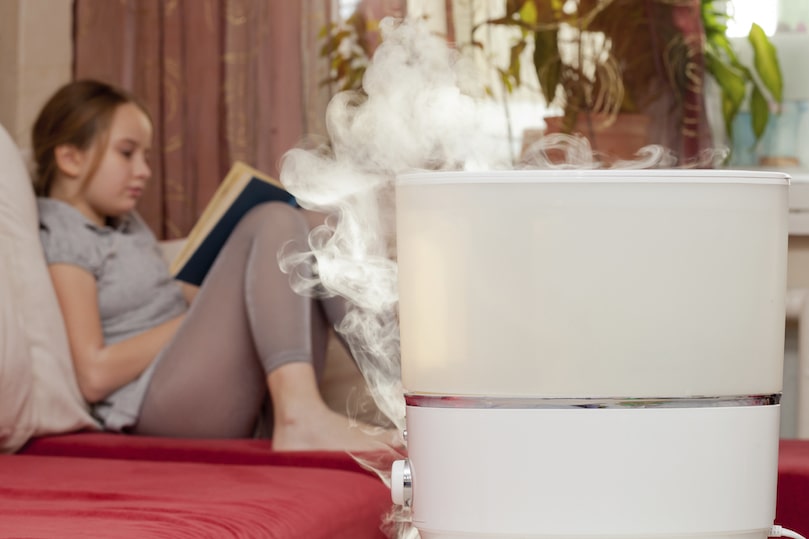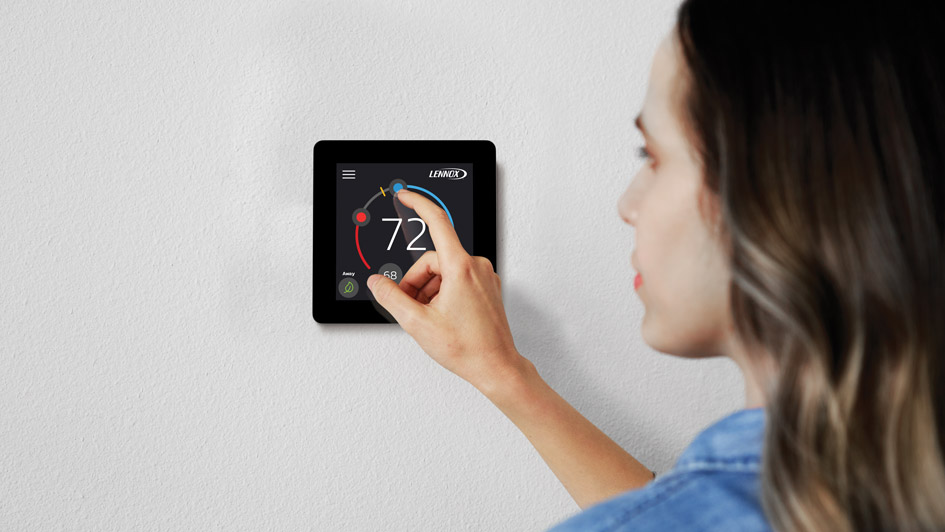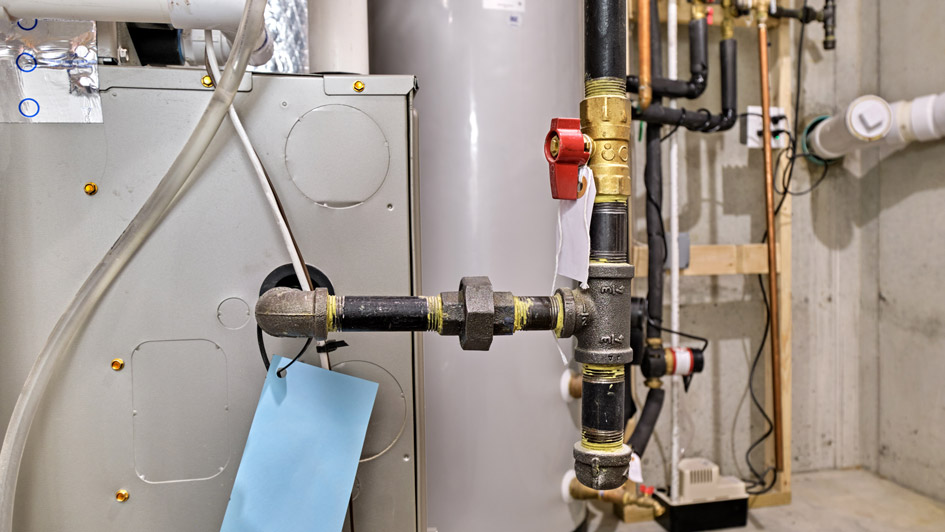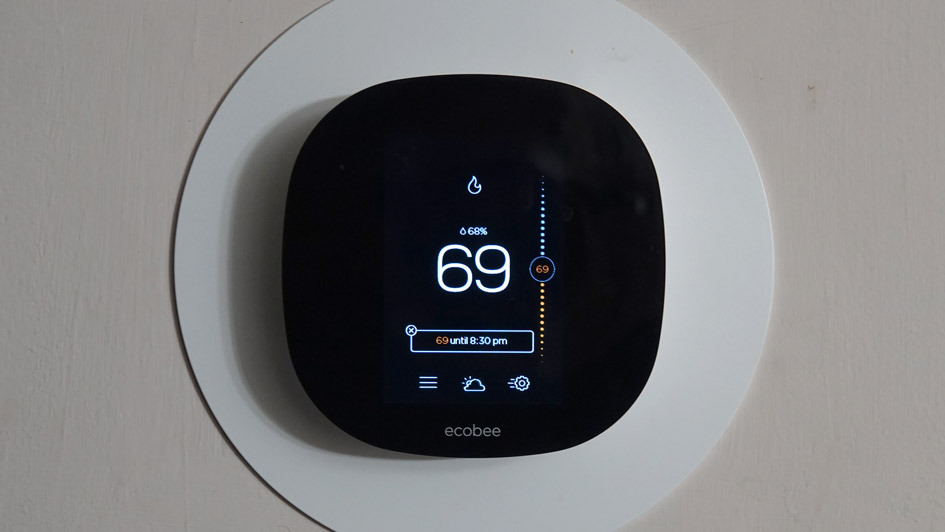Blog
Serving Tomball and These Areas
About Premium Air Services LLC
At Premium Air Services LLC, making your home comfortable is our highest interest. That’s why we supply reliable HVAC units and outstanding work in Tomball. Our professionals are knowledgeable in a wide variety of services, so you can be confident in your results. They’ll offer the help you need, whether it’s putting in a modern HVAC system or repairing and maintaining your existing unit. We’re available to assist with all of your needs, so ring us at 713-364-1078 or contact us online to request an appointment right away.
Premium Air Services LLC
11729 Spring Cypress Rd. Ste. J
Tomball, TX 77377
Phone: 713-364-1078
Email: [email protected]
License # TACL A019940 E
© 2025 Premium Air Services LLC | All rights reserved










